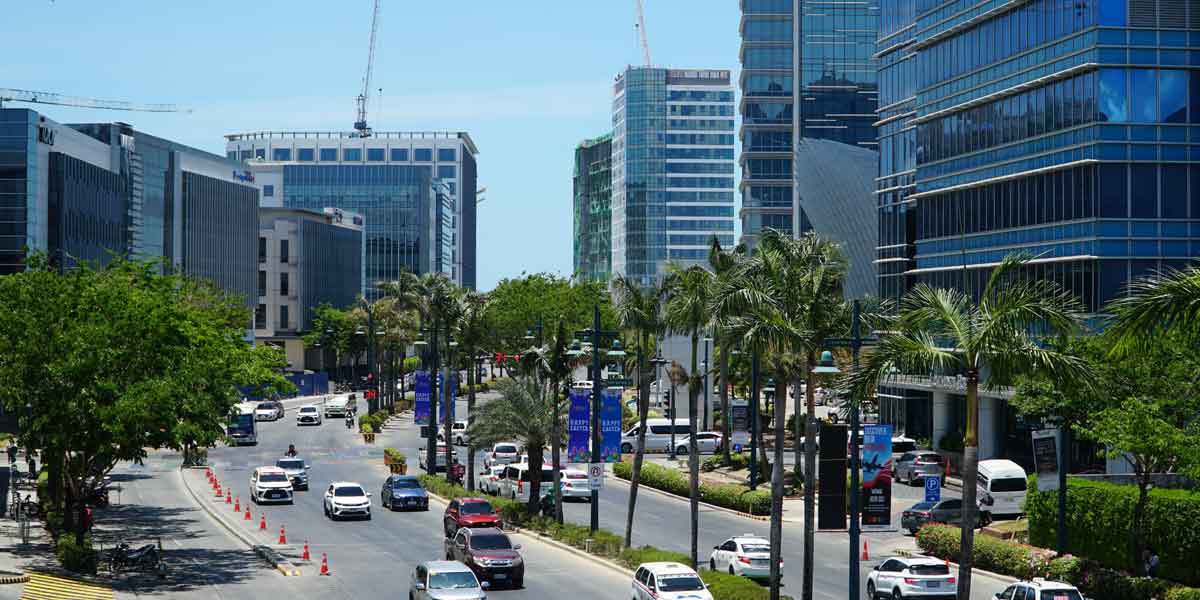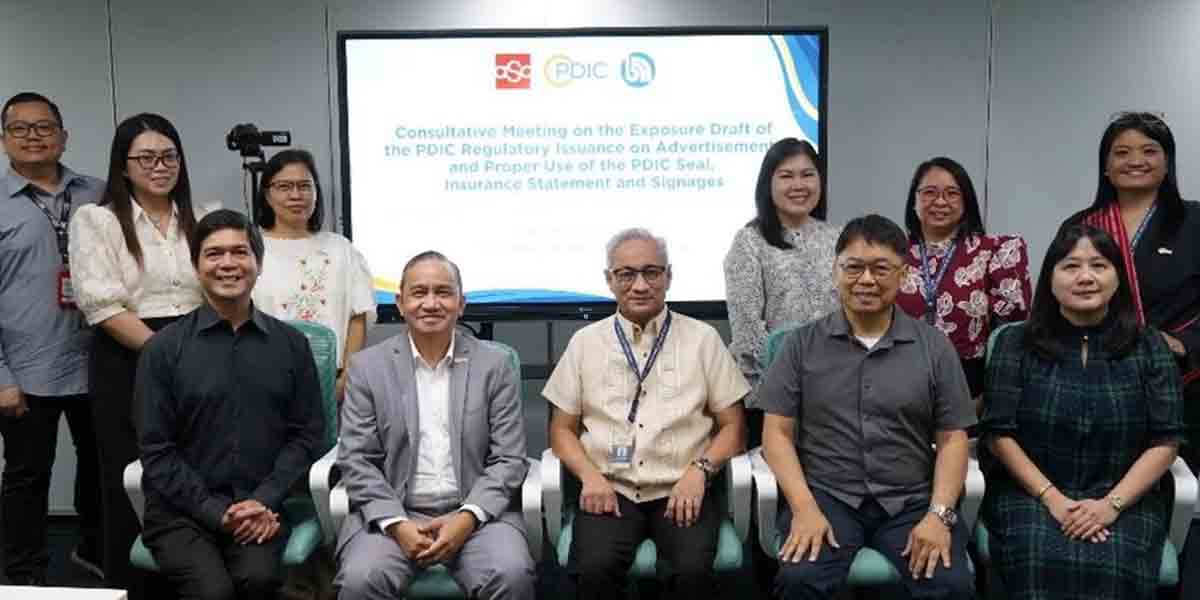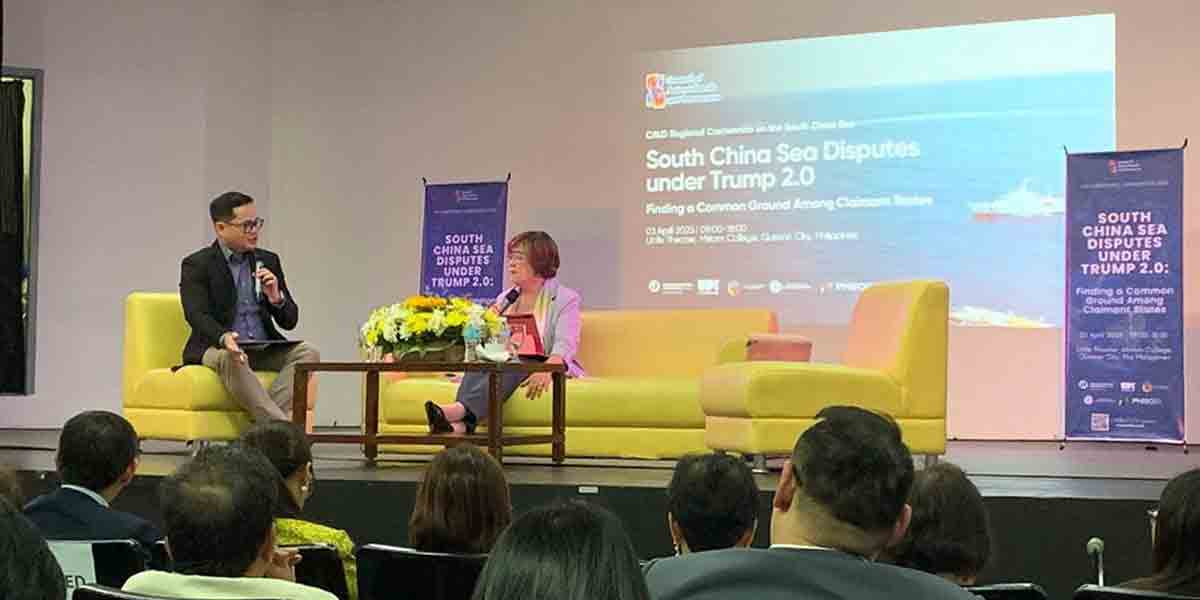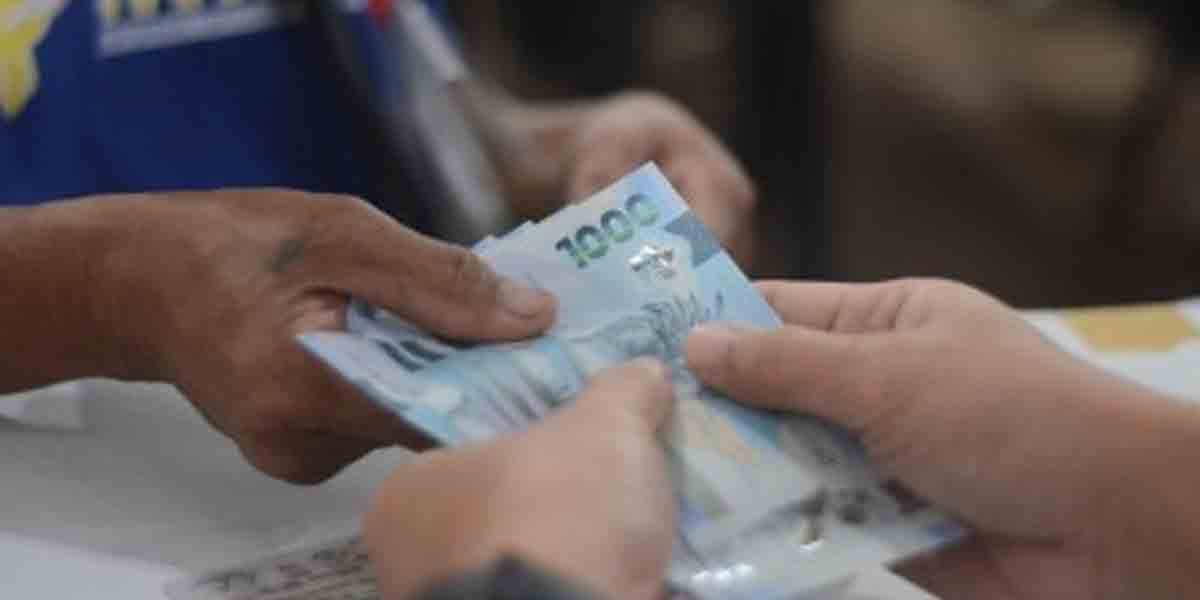By Herbert Vego
WHILE it may be true that President Ferdinand “Bongbong” Marcos has often lied, he replied “incomplete” when asked how he rated himself in his first year in office.
How can we disagree? Until now, he has not appointed a sensible Secretary of Agriculture, having concurrently assigned himself to that position. His move raised eyebrows, since he had had no track record in farming whatsoever.
It was a kick-off to a bad start, with massive smuggling of rice, sugar and onion breaking out. Onion, incidentally, zoomed to an unprecedented price of ₱700 per kilo.
It took Sultan Kudarat 2nd District Representative Horacio Suansing Jr., an Ilonggo, to muster the courage to expose ten individuals and to ask Congress to invite them over allegations that they were involved in large-scale agricultural smuggling in Philippine ports. No. 1 in Suansing’s list happened to be Michael Ma, alleged to be a close friend of First Lady Liza Araneta Marcos.
That Suansing knew “too much” could not be denied because he had been Bureau of Customs deputy commissioner for enforcement.
For whatever reason, Suansing stopped singing. Another suspected smuggler, Leah Cruz, showed up instead of Ma, but only to deny her involvement. The issue has since then been set aside.
Renowned political analyst Dennis Coronacion, president of the Philippine Political Science Association, described Marcos’ first year in office as “mediocre” because of his failure to draw a blueprint on how he would solve the immediate problems of ordinary Filipinos such as hunger and inflation that has weakened the peso from ₱50 to ₱55 against the US dollar.
Fast-forward to the end of BBM’s first year in office, it’s here where two controversial events stick out like a sore thumb. First, there’s the appointment of disbarred lawyer Larry Gadon to the Cabinet as Presidential Adviser for Poverty Alleviation. The man had never worked for any pro-poor organization, whether public or private, but has “distinguished” himself only for uttering one-word mockeries against whomever he perceives to be “enemies” of Marcos and former President Rodrigo Duterte.
The second event concerned the appearance of President Marcos in the 50th anniversary celebration of the Department of Tourism, where he unveiled the big screen showing its new tourism slogan, “Love the Philippines.”
He boasted that the country had recorded 2,641,993 visitors from January to June this year and was close to breaching the 2.65 million arrivals recorded in 2022.
Foreign tourists must have loved socialist Vietnam more, which registered 3.6 million post-pandemic tourist arrivals in 2022.
Little did Marcos know that the “Love the Philippines” promotion – for which the government had made a down payment of ₱49 million to an ad agency — would gain brickbats in all media here and abroad for showcasing still photos and video footages of tourist destinations belonging to other countries, such as the rice terraces of Bali, Indonesia; net fishing in Thailand; a passenger plane landing in Zurich, Switzerland; and the sand dunes at Dubai.
Rather than apologize for the fiasco, Tourism secretary Christina Frasco vowed to terminate its contract with the ad agency DDB Philippines.
Methinks such an action would not speak better than words. Why not simply prove to tourists that the Philippines is worth coming to? Why not follow the example of other Asian countries which no longer enforce Covid-19 vaccination restrictions? Singapore’s Changi Airport, for instance, no longer imposes vaccination and antigen tests for both natives and foreigners. I should know; I recently returned from a four day visit to Singapore.
Today, while Filipinos on domestic flights are no longer required to present vaccination cards or antigen test results, we – as well as foreign tourists — are required to do so on entering the country from abroad.
-oOo-
HATS OFF TO MAYOR ALBEE
BACOLOD City Mayor Alfredo “Albee” Benitez was correct in requesting for temporary suspension of the plebiscite on the joint venture agreement (JVA) between Central Negros Electric Cooperative (Ceneco) and Primelectric Holdings Inc. to “cleanse” the voters’ list, which included the names of dead people.
I am hopeful that the National Electrification Administration will agree it is no longer accurate to assume that there really are 192,188 member-consumers who are eligible to vote in order for the JVA to be ratified. Some of those in the list are no longer alive.
On the other hand are supposedly eligible voters who could not find their names in the voters’ list. Disenchising them would be an injustice.
Accuracy of names and numbers are essential here, since the final approval of the JVA will depend on the decision of the majority of 192,188 individuals in the list, not of only those who voted. Therefore, if some of them are dead, then the number ought to be reduced.

























